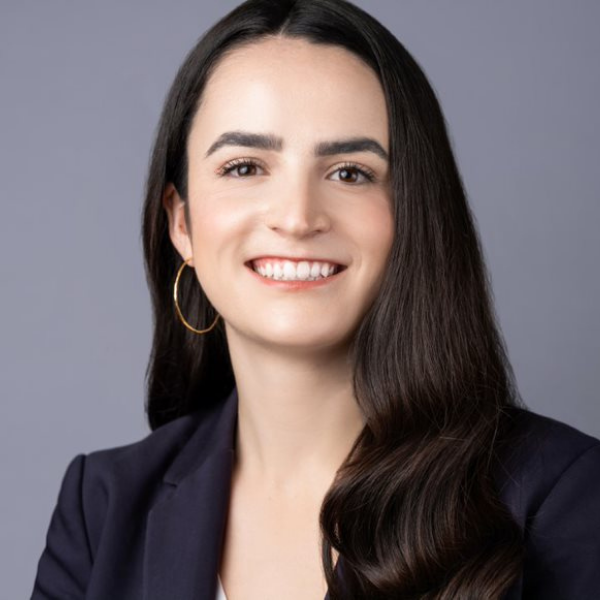When young lawyers feel isolated, they should remind themselves what initially drew them to the law
If you’re a recently called lawyer like I am, you might feel like the past few years have been a little bit of a blur.
I completed law school, wrote the bar exam, and articled — all in quick succession.
If you graduated from law school in 2020, you did not have the opportunity to enjoy either an in-person law school graduation or a call to the bar ceremony, and it feels like we have suddenly become lawyers without time to look in the rear-view mirror.
Still, I have been reflecting a lot lately on the passions and interests that I had before law school and have felt disconnected from my initial pursuits, which led me there in the first place.
I have started to wonder if other recent calls feel similar.
I was born and raised in Hamilton and attended McMaster University. My undergraduate McMaster experience allowed me to identify and cultivate extracurricular passions and interests. During undergrad, one of my main passions was the work I did for McMaster’s on-campus farmer’s market, Mac Farmstand. This organization provided students with access to low-cost, fresh, and local produce.
Through volunteer and executive positions, I grew with the Farmstand, and in my final year of undergrad, I became the director. I created and ran several events, campaigns, and projects that aimed to improve local community food security. In this role, I saw the impact I could make on the community through my extracurricular endeavours. Naturally, my law school personal statement was all about using my advocacy and research skills to have a voice in my community.
When I started law school, I tried to connect to my community as much as possible, and I also felt a connection to access to justice work through my summer positions. Though I was still involved in my community, I was not volunteering even a fraction of what I was at McMaster. I found myself having less and less time to do anything other than learning the law. The pressures of learning how to become a lawyer felt all-consuming and required nearly all my time.
Like most law students, I was intensely focused on doing well in law school, or on some days, just simply trying to make it through.
Anytime that I was not studying, I always felt guilty that I should or could have been. I would sometimes think about how I wished I could volunteer in my community and engage with food security work again, but I could not fathom how I could fit this into a schedule filled with classes, studying, job applications, and extracurriculars I had already committed to at Osgoode.
After law school, the pressure did not subside.
As an articling student, I was trying to learn as much as I could and as quickly as possible. I felt amplified pressure because hiring back was not guaranteed and, thus, important to make an excellent first impression on colleagues. These factors decreased my ability to prioritize my passions outside of the law, and it was difficult not to look back and feel selfish during these times.
Fast forward to today.
It has been five months since I became a lawyer focused on family law, and regrettably, I have not yet carved out time for those passions that led me to the law in the first place.
I have come to realize that if I do not try to engage my extra-legal interests — just like during law school and articling — I may not find my way back to the community-centric goals I had in the past.
Now that the unique pressures of law school and articling are behind me and I am in a more stable position, I should re-evaluate my priorities.
But how do I learn the law, practice the law and keep up with all the work demands that accompany the ride while not forgetting my original passions? More to the point, how do I make time for things that are important to me outside of the law?
I have slowly learned that there will always be an endless amount of lawyering to do — another research memo, another draft, another meeting, repeat, repeat.
And if I do not prioritize my long-term goals now, I may end up in that repetitive loop that will slowly numb my heart and have me believe that my passions only belonged to my younger self and were never that important.
But I refuse to put out my earlier inspirational flames with the water of legislation and jurisprudence. Instead, I hope to plant those seeds and irrigate them somehow with the knowledge and practice of the law that I am learning today.
While I do not have all the answers on exactly how to do this, I am beginning to realize that giving back to my community is something I need to prioritize — for my short-term and long-term personal fulfillment.
I will try, will likely fail at times, but will be determined to try again.
And through my journey, I hope to inspire not only myself but others as well.
Therefore, if you also feel distanced from previous pursuits that were important to you, I encourage you, no, I challenge you, to reflect on what drove you to the law in the first place. Find out what you can do to achieve the goals you initially dreamed of accomplishing.











